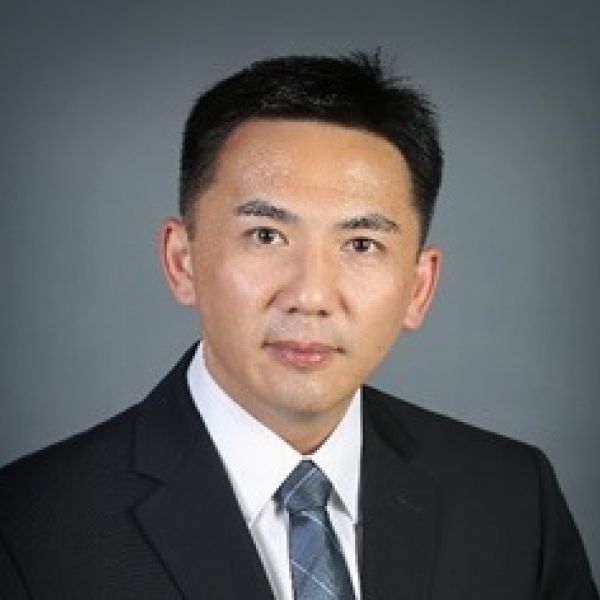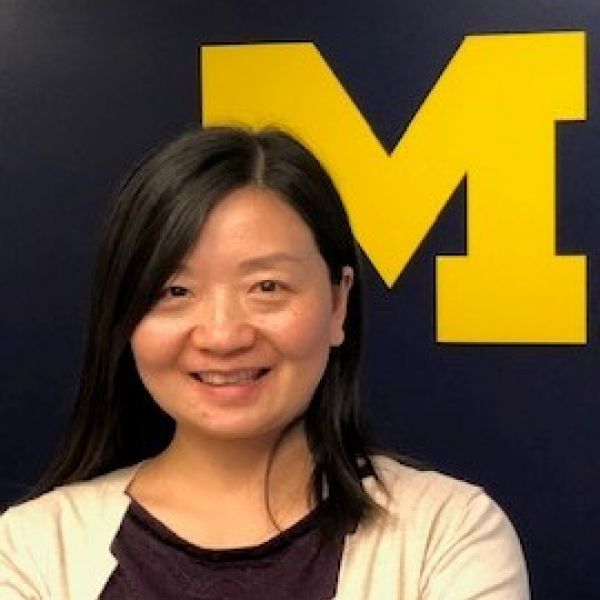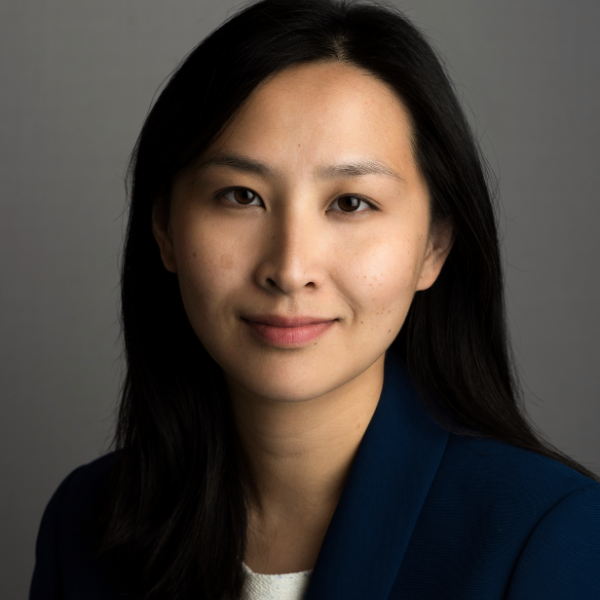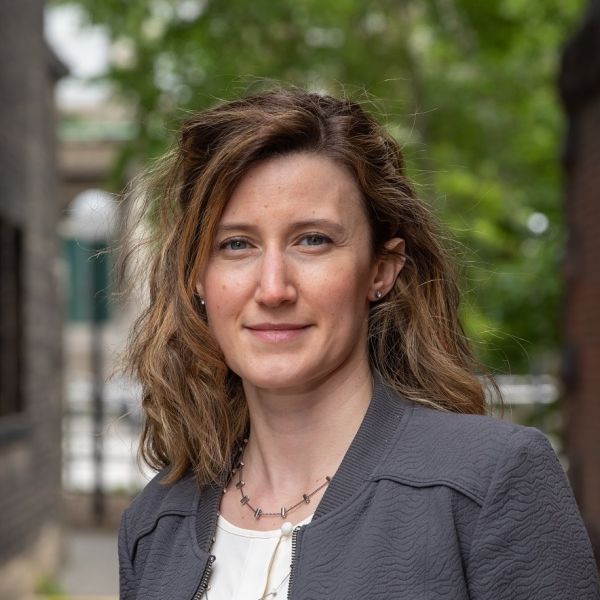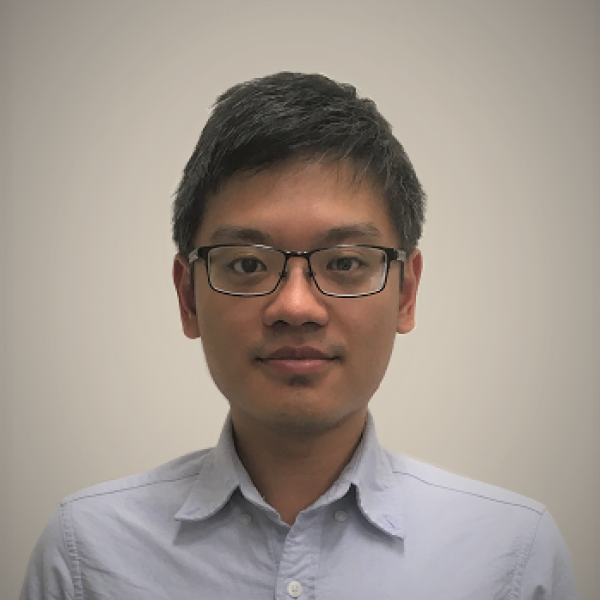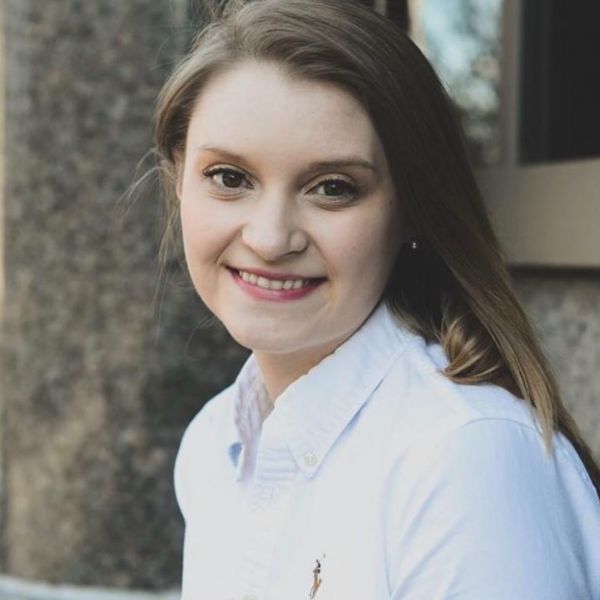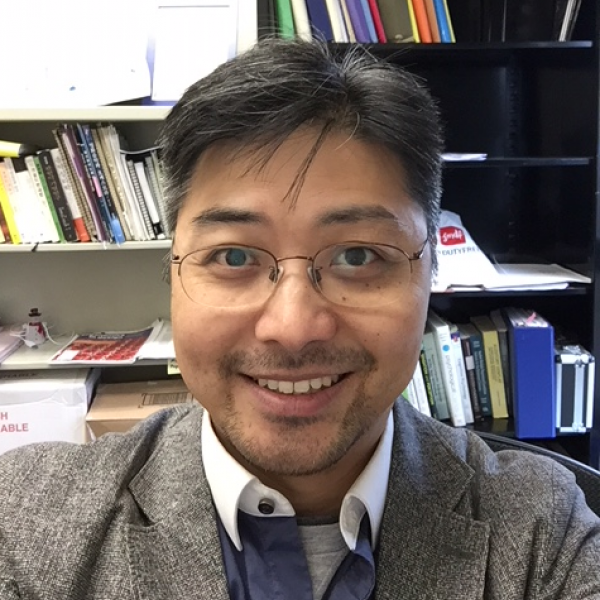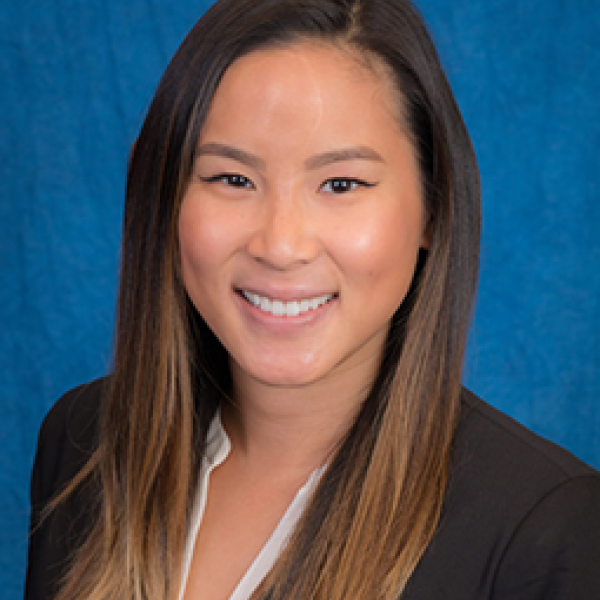Organizers
C. Y. DAVID YANG
Dr. C. Y. David Yang is the Executive Director of AAA Foundation for Traffic Safety and he oversees the day-to-day operations of this non-profit research and education organization. Previously, he was with U.S. Department of Transportation. Dr. Yang attended Purdue University and received his Bachelor of Science, Master of Science, and Doctor of Philosophy degrees in the field of civil engineering.
Bill Horrey
Satoshi Kitazaki
Shadan Sadeghian
Shadan Sadeghian is a post doc researcher at Experience & Interaction group at the University of Siegen in Germany. She has previously worked as a researcher in OFFIS institute for IT, Fraunhofer FKIE, and the Max Planck Institute for Biological Cybernetics in Germany. Her research focuses on designing human machine interfaces for automated vehicles, exploring multimodal interaction, and user experience in automated vehicles. She has been serving as publication chair, student volunteer chair, and work-in-progress chair in the last AutomotiveUI conferences.
Jim Jenness
Westat, USA
Dr. James Jenness is an Associate Director and manager of research in Westat’s Center for Transportation, Technology, and Safety Research. He has more than 25 years of professional experience conducting projects in transportation, visual perception, and communications. He has directed research projects for U.S. DOT clients, safety organizations, and automobile manufacturers on topics such as driver distraction, automated vehicles, feedback systems for novice drivers, and voice control systems.
Yi-Ching Lee
Anuj Pradhan
University of Massachusetts, USA
Dr. Anuj K. Pradhanis an Assistant Professor in the Department of Mechanical and Industrial Engineering at the University of Massachusetts Amherst, and co-Director of the Human Performance Laboratory. He has led research on driver training, automated vehicles, and advanced driver assistance systems. Dr. Pradhan is a contributing editor of the Journal of Law and Mobility and is a past chair of the Surface Transportation Technical Group of the Human Factors and Ergonomics Society.
Bruce Walker
Shan Bao
Winnie Chen
Ian Reagan
Jaka Sodnik
Birsen Donmez
Andreas Riener
Andreas Riener is professor for Human Machine Interface and Virtual Reality at Technische Hochschule Ingolstadt (THI) with co-appointment at the CARISSMA research center. He is program manager for User Experience Design and leads the Usability research/UXD and driving simulator labs. In 2017, he founded the interdisciplinary Human-Computer Interaction Group. His research interests include ergonomics, driver state assessment, and trust/acceptance/ethics in automated driving.
Ignacio Alvarez
Jing Feng
Alexander Mirnig
Missie Smith
Oakland University, USA
Dr. Missie Smith is Assistant Professor of Industrial and Systems Engineering and the Director of the Human Centered Engineering Lab at Oakland University. Dr. Smith earned her Ph.D. from Virginia Tech, and her B.S. and M.S. degrees from Mississippi State University. Dr. Smith’s research focuses on the impact of technology on people’s behaviors, trust, and decision-making. In addition to teaching and research, she is passionate about mentoring and incorporating art into her engineering projects.
Greg Fitch
Google, USA
Greg Fitch leads the Android Auto User Experience Research team at Google, where he is working to create a safe and seamless connected experience in every car. Previously, he worked at Apple and the Virginia Tech Transportation Institute. Dr. Fitch is an experienced researcher of driver performance with technology and has specialized in driver distraction and automated vehicles. He received his Ph.D. from the Grado Department of Industrial and Systems Engineering at Virginia Tech in 2009.
Chris Monk
Exponent, USA
Chris Monk, Ph.D. is a Senior Managing Scientist with Exponent, Inc. He is an internationally respected researcher and thought-leader on driver inattention, in-vehicle safety systems, driver performance, automated vehicle human-machine interactions, and driver behavior. Previously, he was head of human factors research at the National Highway Traffic Safety Administration (NHTSA), responsible for developing, planning, conducting, and coordinating NHTSA’s human factors research program.
Kuan-Ting Chen
SUNY Buffalo, USA
Kuan-Ting Chen is a Ph.D. student in the department of Industrial and Systems Engineering with Human Factors concentration at the University at Buffalo (SUNY). He is interested in understanding and improving driver behavior with in-vehicle driver-assistance systems and autonomous vehicle. His main research works include driving simulator studies, eye-tracking as well as driver behavioral data analysis.
Brittany Holthausen
Georgia Tech, USA
Brittany is currently pursuing a doctoral degree in Engineering Psychology at Georgia Institute of Technology. She earned her Bachelor of Science in Biomedical Engineering and Psychology from Virginia Commonwealth University and her Masters of Science in Psychology from Georgia Institute of Technology. Her research focuses on trust in automated driving, evaluating automation reliability displays, and determining the impact of training on trust calibration in automated driving.
Jingyi Li
Ludwig-Maximilians-Universität München, Germany
Jingyi Li is a PhD student in Media Informatics at the University of Munich. She works on the virtual restorative environments in vehicles simulated in immersive media, aiming to enhance the user experience of relaxation in automated vehicles. Previously, she earned her B.E. degree in Industrial Design and M.F.A. degree in Media Art and Design.
Philipp Wintersberger
CARISSMA, Technische Hochschule Ingolstadt, Germany
Philipp Wintersberger is a researcher at the research center CARISSMA/THI and obtained his diploma in Computer Science from Johannes Kepler University Linz specializing in Human-Computer-Interaction and Computer Vision. Currently, he conducts research in the area of Human Factors and Driving Ergonomics, focusing on Trust in Automation, Intelligent and Attentive User Interfaces, as well as Augmented and Virtual Reality.
Myounghoon ‘Philart’ Jeon
Andrew Kun
Joanne But
AAA Foundation for Traffic Safety, USA
Joanne But is the Foundation’s program coordinator. She serves as the liaison and first point of contact for AAA National and AAA clubs. Additionally, she coordinates current and upcoming research projects and outreach activities. She earned her bachelor’s degree in economics from the University of Maryland, College Park.
